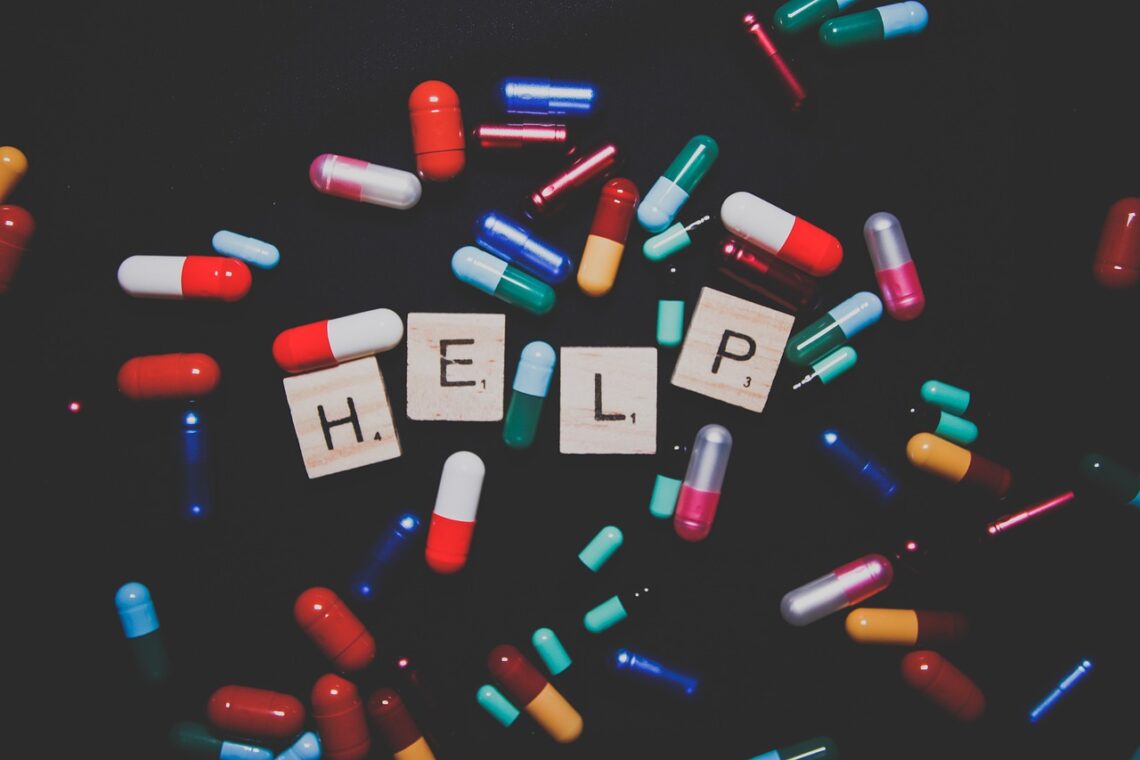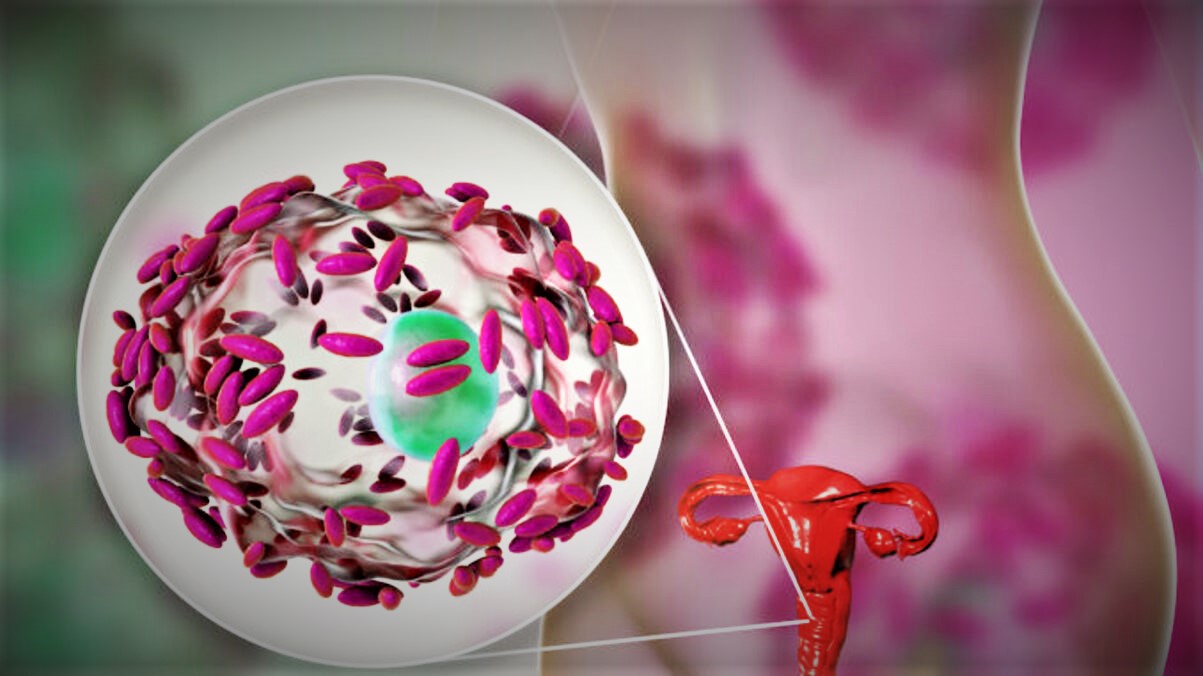Antidepressants are medications that are used to treat depression. They work by altering the levels of certain chemicals in the brain, such as serotonin and norepinephrine, which are believed to play a role in mood regulation. Antidepressants can be effective in reducing the symptoms of depression, including feelings of sadness, hopelessness, and lack of interest in activities. They may also help to improve sleep, appetite, and energy levels. There are several different types of antidepressants, including selective serotonin reuptake inhibitors (SSRIs), tricyclic antidepressants, and monoamine oxidase inhibitors (MAOIs). It is important to note that antidepressants can have side effects and may not work for everyone. It is important to discuss treatment options with a healthcare provider and to carefully follow the prescribed treatment plan
Tricyclic antidepressants
Tricyclic antidepressants (TCAs) are a type of antidepressant medication that were first developed in the 1950s. They work by inhibiting the reuptake of certain neurotransmitters, such as serotonin and norepinephrine, in the brain. This action is thought to help improve mood and alleviate the symptoms of depression.
TCAs are generally considered less effective than newer types of antidepressant medications, such as selective serotonin reuptake inhibitors (SSRIs). They are also associated with a higher risk of side effects, including dry mouth, constipation, blurred vision, and drowsiness. They may also cause changes in heart rate and blood pressure, and may interact with other medications. For these reasons, TCAs are generally not the first choice for treating depression, and are usually only used if other medications have not been effective.
Tricyclic antidepressants list:
- Amitriptyline
- Amoxapine
- Clomipramine
- Desipramine
- Doxepin
- Imipramine
- Nortriptyline
- Protriptyline
- Trimipramine
It is important to note that TCAs should not be stopped suddenly, as this can cause withdrawal symptoms. If you are taking a TCA and wish to stop, it is important to talk to your healthcare provider first and follow their recommendations for gradually reducing your dosage.
Antidepressants side effects
Antidepressants can have a variety of side effects, some of which may be temporary and go away on their own over time, while others may be more persistent. Common side effects of antidepressants may include:
- Nausea
- Dry mouth
- Constipation
- Weight gain or loss
- Sexual dysfunction (such as difficulty with arousal or orgasm)
- Drowsiness or fatigue
- Agitation or restlessness
- Insomnia or other changes in sleep patterns
- Blurred vision
- Dizziness
- Sweating
- Tremors or shaking
It is important to note that these side effects may vary depending on the type of antidepressant being taken. Some people may experience only a few of these side effects, while others may experience several. If you are experiencing side effects that are bothersome or persistent, it is important to talk to your healthcare provider. They may be able to adjust the dosage or switch you to a different medication to help manage your symptoms.
natural antidepressants
There are a number of natural remedies that some people use as an alternative to prescription antidepressant medications. However, it is important to note that the effectiveness of these remedies has not been extensively studied, and they may not be suitable for everyone. It is always important to talk to a healthcare provider before starting any new treatment, including natural remedies.
Some natural remedies that have been suggested as potential alternatives to antidepressant medications include:
- St. John’s wort: This herb has been traditionally used to treat depression and anxiety. However, there is limited scientific evidence to support its use, and it can interact with certain medications and cause side effects.
- Omega-3 fatty acids: These essential fats, found in fatty fish and fish oil supplements, may have anti-inflammatory effects and have been suggested as a potential treatment for depression.
- Exercise: Regular physical activity has been shown to improve mood and reduce the risk of developing depression.
- Meditation and mindfulness: Practices such as meditation and mindfulness may help to reduce stress and improve mood.
- Light therapy: Exposure to bright light (especially in the morning) may help to improve mood in people with seasonal affective disorder (SAD).
It is important to note that these remedies are not a substitute for medical treatment, and they should not be used in place of prescribed medications. If you are considering using natural remedies to treat depression, it is important to talk to a healthcare provider first.





